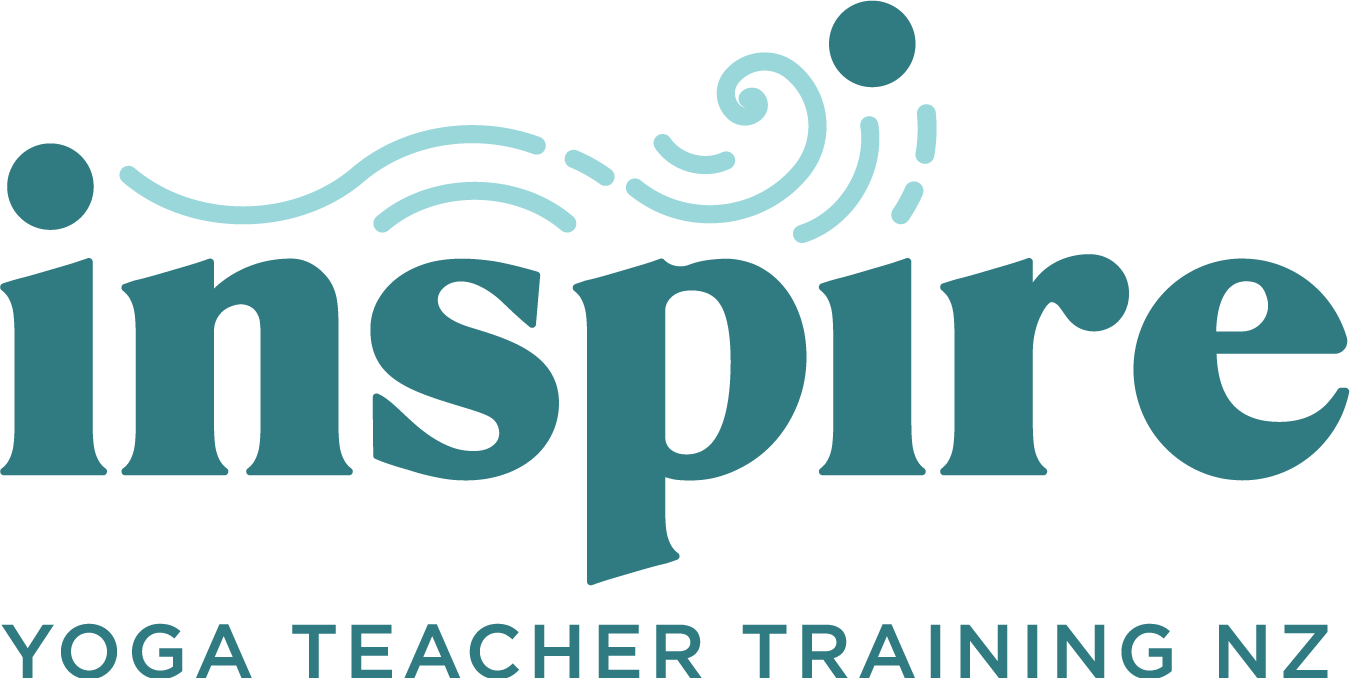Frequently Asked Questions
What is a 200-hour YTT? A foundational teacher training program covering yoga asanas, philosophy, anatomy, teaching methodology, ethics, and practice. It prepares you to teach basic to intermediate classes and may qualify you to register with certain yoga associations.
Do I need prior yoga experience? While you don’t have to be an expert in Yoga we do require you have at least several months of practice. This really helps when you begin to embody the wisdom teachings. Prerequisites vary—check with us for specifics.
How long is the program and what is the schedule like? Duration options include:
Modular/monthly: over 5 months. Daily formats typically include yoga practice, anatomy, philosophy, teaching labs, meditation, mantra and lectures.
What topics are covered?
Asana, cueing, alignment, and sequencing
Pranayama (breath work) and meditation
Yoga philosophy and ethics
Anatomy and physiology for yoga
Teaching methodology and cueing
The use of props and support
Practice teaching and feedback
Safety, inclusivity, and trauma-informed teaching
Will I receive a certificate after completion? Yes. Graduates receive a 200-hour Yoga Teacher Training certificate. Certification is aligned with a Yoga Alliance US.
Can I teach after completing 200 hours? Yes. The 200-hour credential qualifies you to teach foundational classes. Some placements or registries may require additional continuing education (CE) for higher certifications.
Do I have to become a teacher after completion? No. Many students train for personal growth, mindfulness, or deeper practice, in addition to or instead of teaching.
What is the cost and what does it include? Pricing varies (roughly $4,300–$4,690+). Inclusions often cover instruction, manuals, practice teaching, and a certificate. Snacks and tea is provided at each module.
What is the format for the teaching practicum? You’ll plan and teach segments to peers (and/or real students) and receive structured feedback from facilitators. A required number of teaching hours is typically completed.
Are there prerequisites for continuing education (R.Y.T., etc.)? Some certifying bodies require ongoing CE to maintain credentials. We’ll guide you on next steps for 300-hour/500-hour trainings if you pursue advanced credentials.
What is the refund or cancellation policy? credits can be transferred to future cohorts.
What should I look for when choosing a program?
Qualified facilitators and lineage
Strong practicum and feedback mechanisms
Safety, inclusivity, trauma-informed approach
Manageable class size and student-to-teacher ratio
Schedule compatibility with your life
Transparent syllabus and clear learning outcomes
Certification credibility and post-graduation support
Do I receive ongoing support after graduation? Yes. We offer programs and alumni networks, mentorship, teaching opportunities, and options for advanced trainings (300/500-hour).
How should I prepare before starting?
Establish a regular personal practice (asanas, pranayama, meditation)
Read foundational yoga texts or guides
Bring a notebook for notes and reflection
Pack essentials: yoga mat, comfortable clothing, water, towels
Complete any pre-assessments or forms if required
What if I need accommodations or have accessibility concerns? Contact us early. We strive to provide accessible options and adaptable practices where possible.
Is financial aid or scholarships available? We offer scholarships, payment plans, or early-bird discounts. Contact us to explore options.
How do I apply?
Submit an application form
Pay a $500 deposit to secure your place
Provide a brief practice history or motivation statement
Attend an information session or interview (if required)
